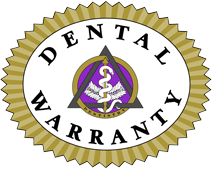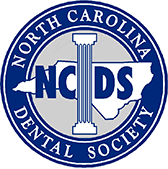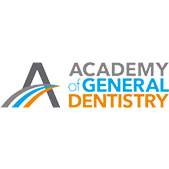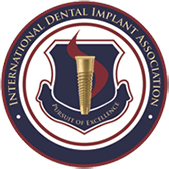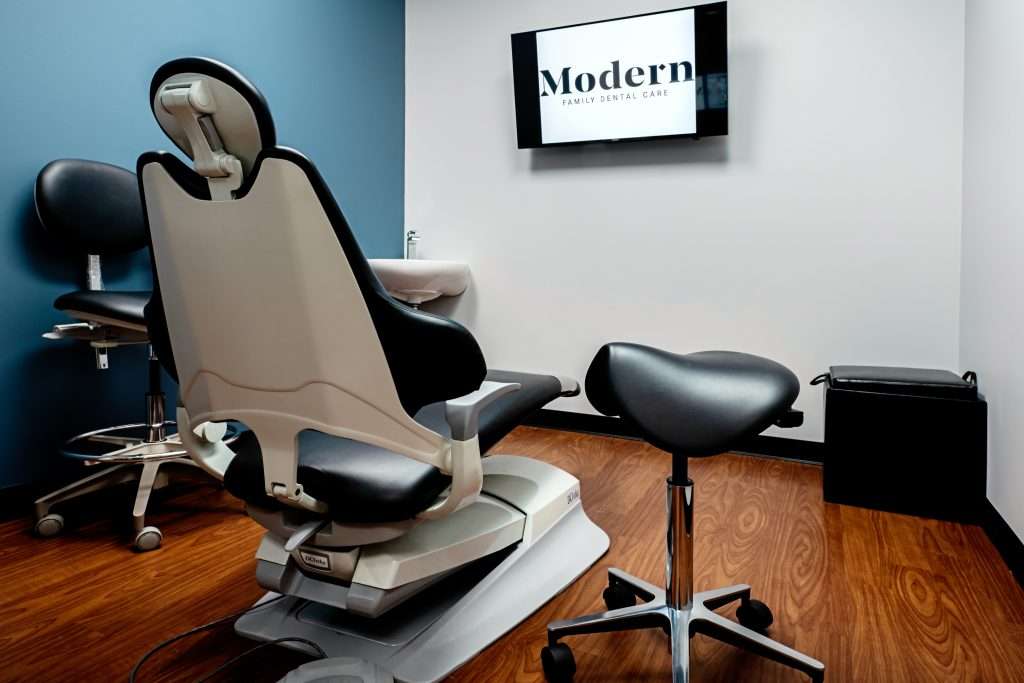
While many oral surgeries are routine everyday procedures for your dentist, the recovery period isn’t something you should take lightly. From dental implant placement to wisdom teeth extractions, oral procedures require a delicate touch during recovery. Following your dentist’s orders in the days after surgery significantly improves the likelihood of a quick, smooth healing process.
To speed healing, we have compiled a list of tips for oral surgery recovery.
10 Tips for a faster healing and oral surgery recovery
During oral procedures, your dentist puts pressure on your mouth. Depending on the procedure, you may have an open wound in your mouth. That wound needs proper dressing and should not be disrupted.
Therefore, your oral surgery post-operative care involves do’s and don’ts to ensure you do not disrupt the treatment site.
What to do
Rest
One of the most important steps following any surgery or injury is rest. Resting is necessary for healing. According to this study, when it comes to healing wounds, sleep is even more important than good nutrition. Rest allows your immune system to hone in and focus on the injured area of the body.
Apply ice
Ice is an important tool in your healing tool kit. For any injury or wound, ice helps reduce swelling and minimizes bleeding.
Following your procedure you can place ice packs or bags of frozen peas on your cheeks nearest the treatment area. Apply ice periodically during the first 24 hours after surgery. Use the ice in twenty minute segments, twenty minutes on and then twenty off.
Take your medication
Following your procedure, your dentist may prescribe medication. This may include an antibiotic to prevent infection and a pain medication to ease your discomfort. It is important to take this medication as recommended!
During an oral surgery, your mouth may be opened and exposed to bacteria. You don’t want to risk bacteria entering your wound and causing an infection. The antibiotic helps keep your immune system strong and destroys the bacteria. Even if you feel fine, take the antibiotic every day as prescribed.
For pain management, each patient has his/her own threshold for pain. However, remember that it is easier to stay ahead of pain with medication rather than trying to play catch up later. Instead of prescribed pain medication, over-the-counter medications may also be used to control your discomfort.
Eat soft foods
During your recovery period, it is important to avoid disturbing the treatment site so the site can heal. For example, following a tooth extraction, the site may bleed. Once the blood clots, that clot needs to stay in place so the area underneath can heal. It is important not to disrupt that site.
Eating poses a potential threat to the treatment site. To avoid disturbing the area, eat soft foods such as soups, yogurts, applesauce, avocado, hummus, and smoothies.
Cleanse your mouth
After any treatment or procedure, you need to keep the surgical site clean. The same rule applies to oral surgeries.
For the first 24 hours, it is important to keep your mouth as clean as possible. However, you do not want to rinse or forcefully spit as it could dislodge the clot. After the first 24 hours, you may rinse your mouth using saltwater to gently swish and cleanse the treatment area.
At this time, you may also resume normal oral hygiene practices. However, avoid getting too close to the wound.
What not to do
Don’t smoke
Smoking is bad for your oral and overall health. If you are a smoker, avoid smoking before and after your oral surgery as smoking can slow the healing process. Smoking may impair the immune system response and prolong your recovery period.
Don’t eat hard foods
As mentioned above, you don’t want to disrupt the wound in your mouth. Avoid eating hard foods, especially popcorn and peanuts, which may become lodged in the treatment area.
Don’t eat hot (spicy) foods
Additionally, hot or spicy foods can irritate your mouth following an oral surgery. Acidic foods such as tomato products can also cause irritation. The goal is to speed healing and ease your discomfort, not to cause it.
Don’t floss your teeth
Use precise care when cleansing your mouth and following your oral care routines. While it is important to practice good oral hygiene, flossing may disrupt the treatment site. Avoid flossing around the surgical area until the area has healed.
Don’t overdo it
For the first 24 hours, simply allow your body to rest and recover. Avoid excessive physical activity and let your immune system kick into high gear.
Follow your dentist’s orders for a faster oral surgery recovery
An oral surgery requires precise post-operative care. Adhering to your dentist’s recommendations can speed your healing process. If you do encounter problems, call your dentist or oral surgeon immediately.
Modern Family Dental Care provides comprehensive dental services in Davis Lake near the University Charlotte area and Concord Mills, NC. Book an appointment today for routine or advanced dental treatments.

